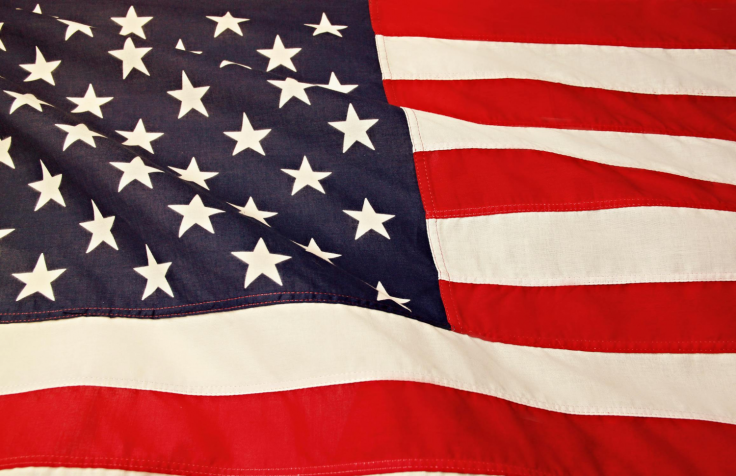US Independence Day is an annual commemoration of the Declaration of Independence adopted back in 1776; it is celebrated on July 4. It is marked by patriotic festivals like parades, fireworks displays, and community gatherings among Americans, who come together to remind themselves of freedom, equality, democracy, and other founding principles of their nation.
Higher education institutions are the cases where Independence Day holds a quite multifaceted dimension of importance. This day has not only been a time that affects activities and operations at the university but also one of revisiting the deeply deposited values of education and policies that are rooted in the foundational ideals of the nation.

The Historical Significance of Independence Day in American Education
Independence Day is celebrated on July 4 to commemorate the adoption of the Declaration of Independence, which happened back in the year 1776 and became the turning point in American history, confirming the country's inability to bear foreign rule. Thus, the principles of freedom, equality, and democracy articulated in this declaration are foundational to American society and profoundly influence the nation's educational system. These values permeate schools and universities, emphasizing the importance of civic education and the role of informed citizens in democratic governance.
Most American institutions of higher education use Independence Day as a rationale for reviewing fundamental American values. These activities can include special lectures, symposiums, and discussions focused on the historical context and contemporary significance of the Declaration of Independence. These opportunities allow students and faculty to delve into the fundamental ideals of the nation and examine their ongoing impact on American society. This celebration would, therefore, not only be a memorialization of times past but also a rallying call to action for students toward furthering this ongoing pursuit of liberty and justice.
Impact of Independence Day on University Operations and Activities
While Independence Day is a day of national celebration, it also has practical ramifications for colleges. Being a federal holiday, all universities and colleges nationwide close their operations and halt services. This creates a natural interlude in the academic calendar during the opportunistic summer quarter break. Many students and faculty take this opportunity to travel, engage in community events, or simply enjoy their time off with family and friends.
On the other hand, the closure of campuses also means that there is a temporary suspension of different types of academic activities. Research studies will be halted for a short period of time, especially those that require the facility inside the university. All administrative activities also grind to a halt, as the offices that are open on a daily basis, including those of admissions, financial aid, and student services, are closed for the day. In the case of international students, or even those who could be from another state or region, campuses being closed creates another issue because it can also be hard to have easy access to facilities.
It is, however, in the midst of these momentary inconvenience situations that many institutions of learning get an opportunity to connect with their surrounding communities. Celebrations around campus or near one usually include parades, events including fireworks displays, and patriotic ceremonies. These events, equally reflective of national pride, strengthen the link between the institution and its surrounding communities. Through active participation in the celebrations, colleges are able to demonstrate their commitment to American heritage celebration and unity integration.
Reflections of Independence and Its Contributions to Educational Policy Decisions
More broadly, Independence Day should raise questions about the role of higher education in stealing freedom and democracy. Issues of independence and self-determination are not just a far-off concern but also relate directly to educational policy and practice within the United States. Indeed, it is the university that houses many of those people who are expected to grow into critical thinkers and informed citizens with the capacity for engaging thoughtfully with issues in society and contributing to democratic practices.
One of the ways higher education demonstrates these very principles is through its commitment to academic freedom. It is the hallmark of American higher education and ensures that scholars are in a position to pursue research and express ideas without interference or fear of reprisals. Through the provision of an environment where diverse ideas and opinions can be investigated and debated, it thus sustains the democratic ideal of free speech and open inquiry.
More importantly, the celebration of Independence Day underlines equal educational opportunities. The vision that emerged for equality in the Declaration of Independence further reaches out to the sphere of higher education by way of becoming inclusive. Scholarships, financial aid programs, and affirmative action initiatives are among the measures aimed at ensuring equal access to higher education for all students, regardless of their background. These efforts underscore the enduring relevance of the values celebrated on July 4th.
Even though Independence Day is basically a celebration of American history and patriotism, it goes a long way in shaping higher learning. The day reminds institutions of higher learning of the basic ideals of liberty, equality, and democracy upon which the American education system was founded. The holiday has a profound impact on the way the university runs, offers opportunities for community engagement, and raises questions about what educational experiences are for in holding together a democracy. As our nation celebrates the Fourth of July, it provides an especially opportune moment to acknowledge and rearticulate the always-pressing role that higher education plays in advancing and defending these fundamental values.
© 2025 University Herald, All rights reserved. Do not reproduce without permission.








